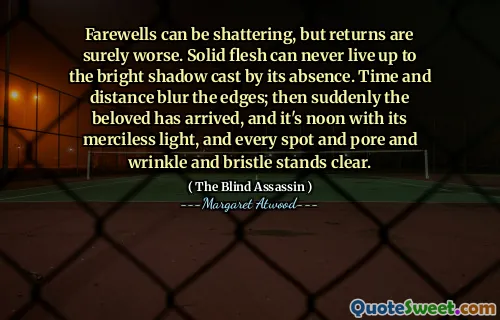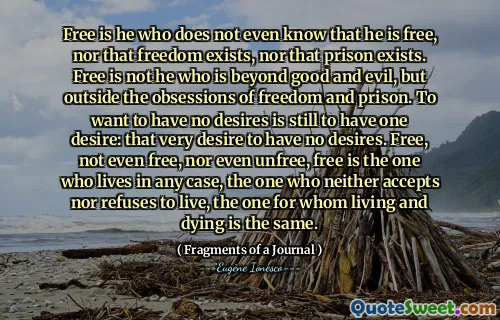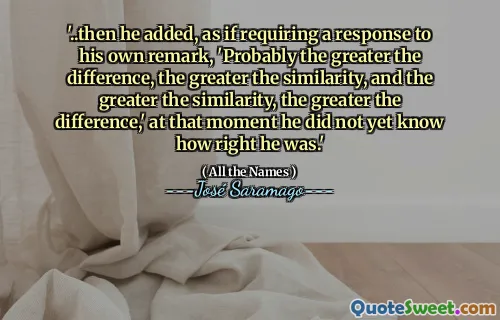The pile of stones thus marks both an act of deliberate remembrance, and an act of deliberate forgetting. They're fond of paradox in that region.
In "The Blind Assassin" by Margaret Atwood, the pile of stones serves as a symbol of complex human emotions and history. It embodies both the act of remembering significant events and the intention to forget painful memories. This duality captures the intricate nature of memory and loss, highlighting how people often navigate between honoring the past and seeking to move forward.
The reference to paradox reflects the deep cultural nuances present in the story's setting. Atwood illustrates how individuals and communities grapple with their histories, often holding onto some elements while letting others slip away. This struggle is a central theme, showing that memory is not simply a linear progression but a multifaceted experience that intertwines remembrance and forgetting.


